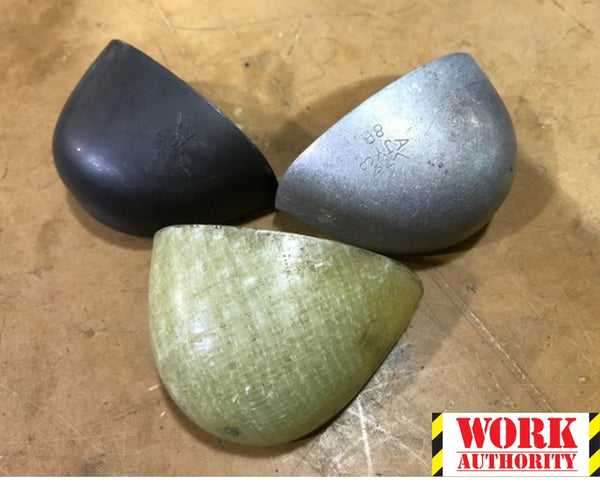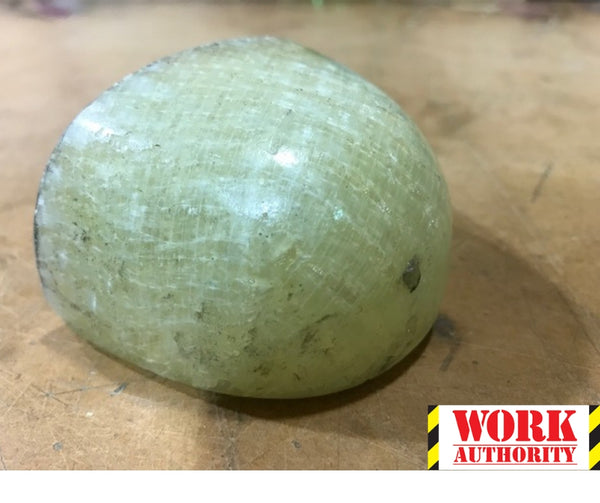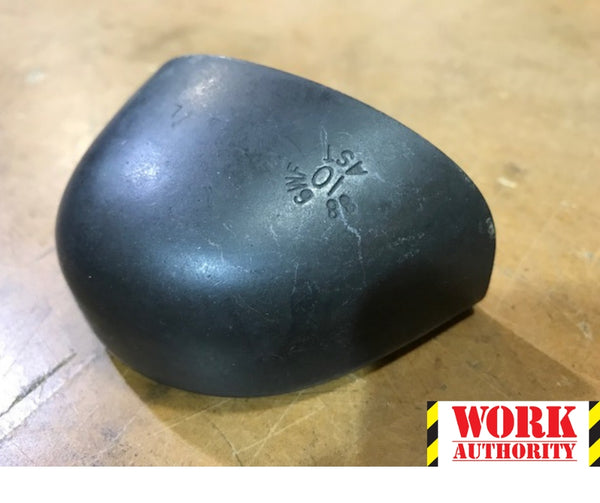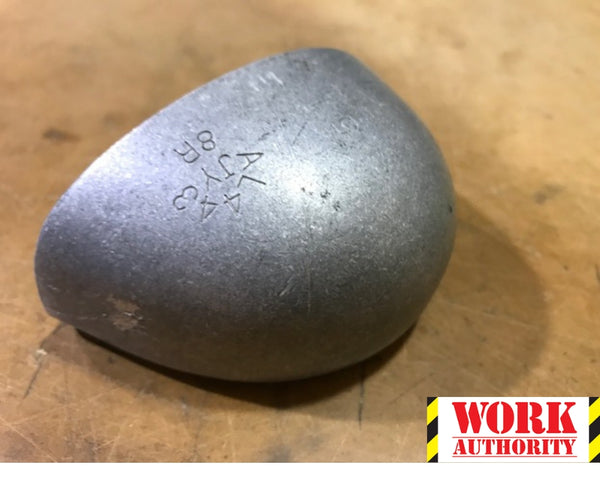One of the first decisions you’ll make when choosing your next pair of work shoes or boots is whether they will have a steel, composite, or alloy toe - essentially a cap at the toe of the boot that safeguards the foot from falling objects or compression. It is also paired with a plate that protects the sole from punctures from below.
While all three offer great protection, and safety benefits – each material comes with its own pros and cons.

Here are some of the key differences between each and some of the industries they’re perfect for!
Composite Toe:
Over the last decade composite toe boots have increased in popularity due to their lightweight design and comfort for workers who spend long periods outdoors. In the safety shoe industry, composite toe caps are often created with a combination of non-metal materials like Kevlar, carbon fiber, plastic, or fiberglass. They do, however, meet the same CSA safety requirements as a steel toe.

Because they don’t contain any metal, composite toe boots are ideal for workers who continually have to pass through metal detectors like airport workers or security personnel.
Pros:
- Lighter weight making the boots more comfortable to wear for longer periods
- Metal-Free
- Prevent Sparking
- Thermal Insulation
Cons:
- Bulkier than alternatives
Steel Toe:
Introduced more than 80 years ago, steel toe boots have been the safety standard for workers in construction, manufacturing, and material transportation for decades. It is best priced option, the most popular, and highly rated for protection from accidents.

However, they can tend to be heavy, causing workers to wear down physically as the day goes on. They also can conduct electricity so they can be an issue for workers who work with metal and high voltages.
Pros:
- The strongest toe protection available
- Toe is thinner than composite creating a less bulky boot
- Less expensive to manufacture
Cons:
- Heavy – While it is just a few grams more, steel is heavier than either composite or Alloy
- Can Dent
- Colder in Winter
- Conducts electricity – so not ideal for workers in the electrical field
- Set off metal detectors
Alloy Toe:
Alloy toes are made from lightweight materials such as titanium, aluminum or a combination of other light materials. They have recently gained in popularity due to their lighter, more comfortable design.

Pros:
- Thinner than steel toe
- 30 to 50 percent lighter than steel toe
- More toe room
Cons:
- More expensive than steel toe
- Not as strong as a steel toe
- Conducts electricity – so not ideal for workers in the electrical field
- Set off metal detectors
Which material is right for you?
The final choice depends on your budget, occupation and work conditions.
For more information, visit one of our stores to have an associate show you our best options or shop our collection now!

